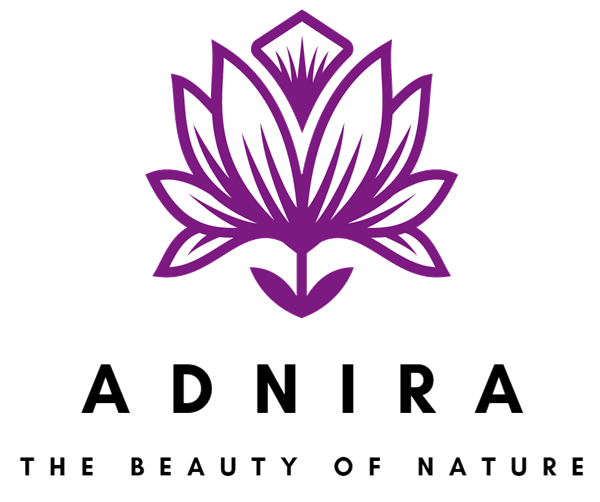Aromatherapy
Aromatherapy References and Resources
From The Cleveland Clinic: 11 Essential Oils
Benefits of essential oils
Essential oils can be used in aromatherapy, a kind of complementary medicine that uses smell to improve your health or applied topically to the skin.
Studies have shown that essential oils may help:
• Boost mood.
• Improve job performance through reduced stress and increased attentiveness.
• Improve sleep.
• Kill bacteria, funguses and viruses.
• Reduce anxiety and pain.
• Reduce inflammation.
• Reduce nausea.
• Relieve headaches.
Bergamot
What is bergamot? If you’re a fan of Earl Grey tea, then you have had bergamot. The oil, which has a fruity and floral aroma, can be diffused or applied topically with a carrier oil (but it can make your skin sensitive to the sun).
Bergamot oil is known to:
• Reduce anxiety.
• Lift mood.
• Lower blood pressure.
Cedarwood
Cedarwood oil, which has antioxidant and antibacterial properties, is a popular ingredient in insect repellent, shampoo and deodorant with its woodsy scent. But you can also use cedarwood oil to help with sleep and anxiety. You can use cedarwood oil as aromatherapy, as well as a topical treatment mixed with a carrier oil.
Lavender
Supports sleep: Some studies suggest lavender can improve your body’s melatonin levels, supporting a better night’s rest.
Reduces pain and inflammation: Research has shown that lavender essential oil can help reduce headache pain.
Helps with mood, anxiety and depression: “Lavender is known for its ability to calm the nervous system, lift the mood and even lower blood pressure,” says Dr. Lin. “Research links lavender usage to less anxiety and depression.”
Relieves menstrual pain: In one study, women who smelled lavender for 30 minutes a day during the first three days of their period had less pain after two months. Other research has linked applying lavender essential oil to the abdomen with less menstrual pain.
Kills harmful viruses and bacteria: “Before we had antiseptics, people used lavender to clean hospital wards,” explains Dr. Lin. “It’s still used for its antimicrobial and antiviral properties.”
Additionally, an animal-based study found that lavender oil aided wound healing by improving the skin’s ability to produce collagen post-surgery.
Lemongrass
Lemongrass oil has a strong citrus scent and is known to help relieve stress, anxiety and depression.
Its antibacterial properties make it a good natural remedy to heal wounds and kill bacteria. It has been shown to prevent the growth of fungus found in athlete’s foot, ringworm and jock itch.
A study found that using lemongrass oil can help reduce blood sugar in those with type 2 diabetes.
Be sure to use a carrier oil before applying to your skin.
Rose
Promotes restful and peaceful sleep, Soothes nervous, angry and sad emotions,
May reduce pain, Has strong antibacterial and antiseptic properties, Has neuroprotective properties and antioxidant activity.
Rosemary
You’ve probably reached for rosemary to add flavor to some of your recipes. But using rosemary oil also has some additional benefits like improving brain function, promoting hair growth, reducing pain and stress, lifting your mood and reducing joint inflammation.
Rosemary oil is safe to use in aromatherapy and topically on the skin with a carrier oil. If you’re pregnant or have epilepsy or high blood pressure, it’s advised to avoid using rosemary oil.
